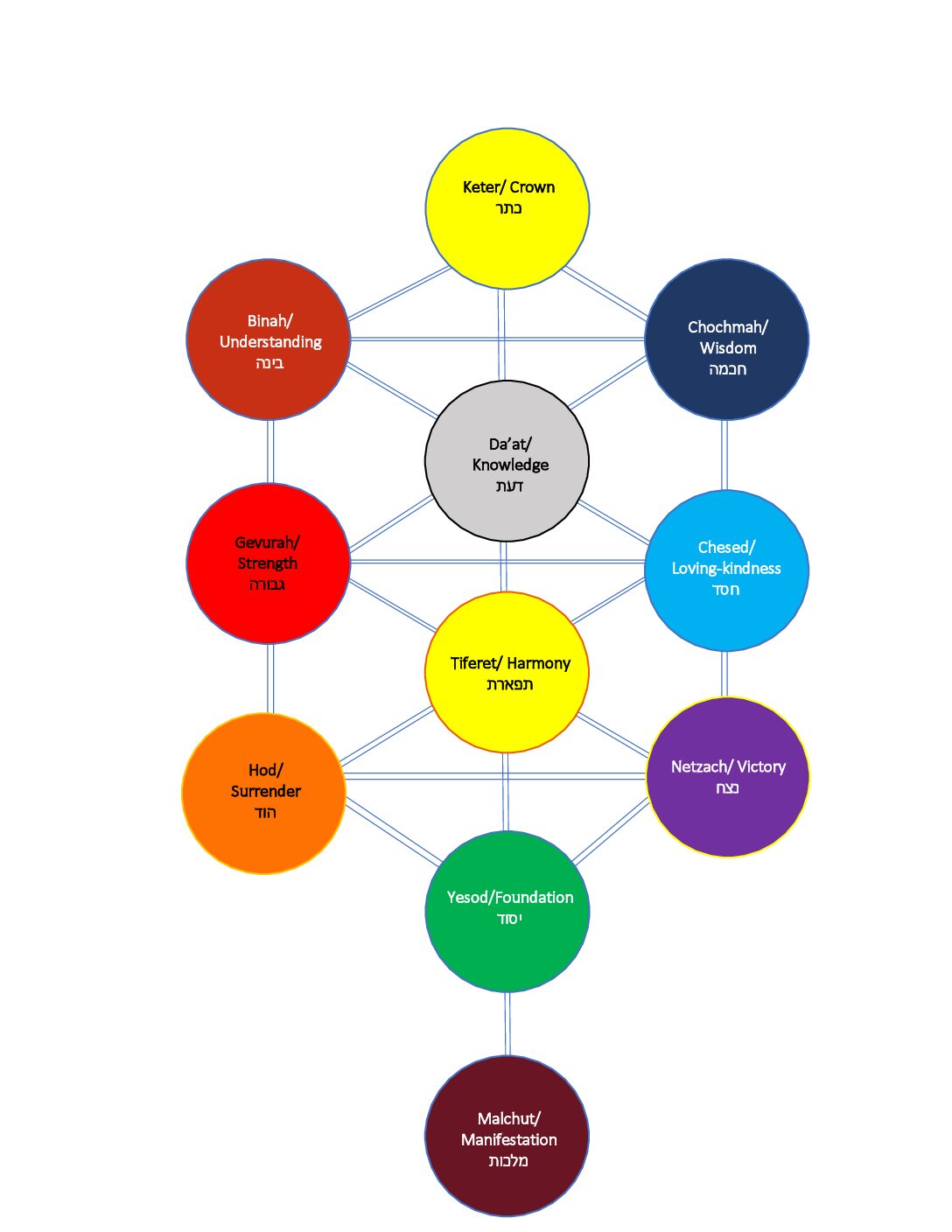by Melanie Gruenwald
Week3: Tiferet.
This week, we are immersed in the third week of the counting of the Omer, experiencing the harmony and balance of Tiferet.
We embody Tiferet as the holding of opposites. It seems to permeate everything these days.
We are celebrating Israel’s Independence Day, while we are in the midst of a war. We hold hope for the release of 132 hostages, speedily and safely, while we grieve the loss of innocent lives. We pray for peace, while we understand we are immersed in a nuanced situation, defined by narratives, which pull us apart.
We all experience a bit of brokenness, while we strive to bring light, connection and meaning to one another’s lives.
On a daily basis we experience fear, illness, death…. life, birth, and affirmation. The dissonance can be a lot for our hearts to hold. How can I celebrate while the world is so broken? And how can I not celebrate, for what might tomorrow bring?
Rabbi Sharon Brous writes:
The most human thing we can do is build a spiritual consciousness that can hold both heartache and happiness. Grieve deeply, leave room for the light. Celebrate whole heartedly, but always with humble awareness of where that pain lives. Grieve and live. Live and grieve. Because if we’re paying attention, every moment is pregnant with both pain and possibility. There is simply never only one or the other.
Rabbi Naomi Levy also beautifully captures this sentiment when she writes, “Tiferet shows us the beauty and brokenness of the world and says, Open to all of it, this is where you live.” It’s a reminder to embrace the complexity of our existence and find strength in our ability to hold both light and shadow.
My hope for each of us, is that we have the opportunity to experience it all- the fullness of life. The wholeness and brokenness. May we see light amongst the shadows. And embody the fullness of Tiferet.









2 Comments
Cheri Cohn · May 9, 2024 at 4:51 pm
Beautiful and meaningful Melanie. Thank you for adding the words of Rabbi Brous – I think I need to read this daily.
Wendy Hansuk · May 13, 2024 at 10:09 am
My dear Melanie this is so humbling when I read it.
Sometimes things seem so far away and not really real but you’ve brought the reality and the truth by using the Tree Of Life and Tiferet.
I love Rabbi Sharon’s message also it definitely made me think.
I can grieve but I need to think deeply.
I have been troubled by the war, nice to read things that bring some of it into perspective by using the tools and the words that we were here.
I am not one that is really good with words putting my feelings into words is difficult but this piece that you wrote and put out for us is definitely Heartfelt.
I am printing it and going to put it in the binder with this last course.
Thank you for taking time to share this.
Namaste 🙏